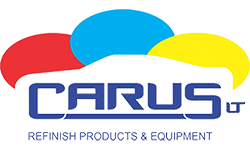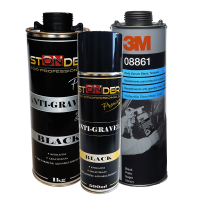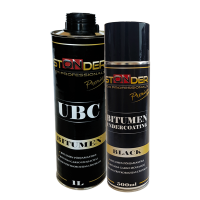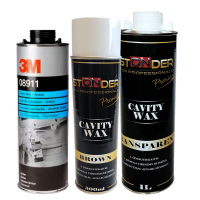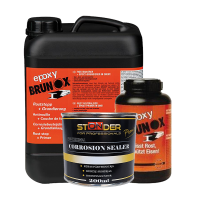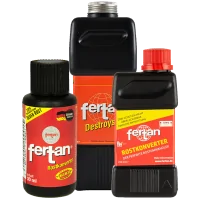ANTI-CORROSION SUBSTANCES
ANTI-CORROSION SUBSTANCES
€3.97
€2.78
Tax Excl.
€3.97
€2.78
Tax Incl.
WAXES FOR INTERNAL CAVITIES
STONDER PROFI wax protection of internal cavities aerosol
€4.26
Tax Excl.
€4.26
Tax Incl.
